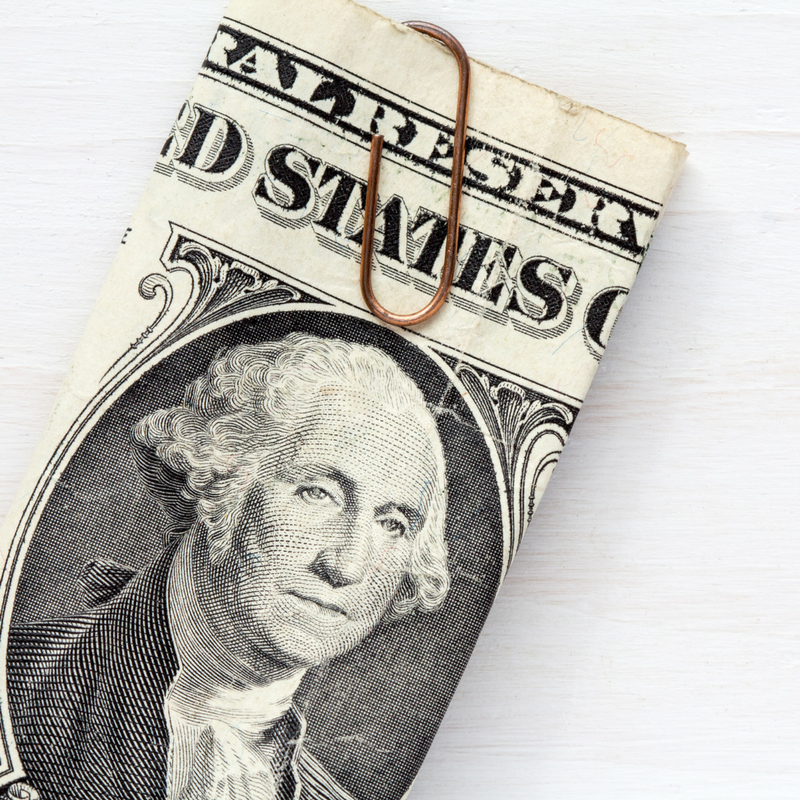What the CARES Act means for you
As we're all dealing with the effects of COVID-19 on our lives, it was encouraging to see the government approve the $2.2 trillion Coronavirus Aid, Relief and Economic Security (CARES) Act which will help millions of people in this critical time. Perhaps even you.
This sweeping legislation is unprecedented in the history of our nation and provides significant economic assistance to address the impact of COVID-19.
The CARES Act is over 800 pages long, but here are some of the economic provisions most relevant for you.
WHAT THE CARES ACT MEANS FOR YOU & YOUR LOVED ONES
If you're eligible for a cash payment
Most individuals earning less than $75,000 can expect a one-time cash payment of $1,200. Married couples would each receive a check and families would get $500 per child. That means a family of four earning less than $150,000 can expect $3,400.
You can click here to calculate your estimated stimulus payment.
.png?w=851)
If you or someone you know has lost a job
States will still continue to pay unemployment to people who qualify.
This bill adds $600 per week from the federal government on top of whatever base amount a worker receives from the state. That boosted payment will last for four months. Even better, unemployment benefits have been extended to independent contractors.
All unemployment benefits need to be applied for locally. Here in Texas you can find more info about unemployment benefits on the Texas Workforce Commission site.

If you're a small business owner like us
If you're a small business owner, there are three loan programs available to businesses with less than 500 employees, plus self-employed folks, independent contractors, and sole proprietors.
The Economic Injury Disaster Loans and Loan Advance program provides $10 billion for grants of up to $10,000 to provide emergency funds for small businesses who qualify for the Economic Injury Disaster Loan to cover immediate operating costs,
.jpg?w=851)
There is also $350 billion allocated through the Paycheck Protection Program that allows the Small Business Administration to provide loans equal to 250% of an employer's average monthly payroll up to $10 million per business. This is based off of the 8 weeks of prior average payroll plus an additional 25% of that amount. Loan payments are deferred for six months. Any portion of that loan used to maintain payroll, keep workers on the books, or pay for rent, mortgage and existing debt could be forgiven (woo hoo!), provided workers stay employed through the end of June. The program is retroactive to February 15, 2020 to help bring workers who may have already been laid off back onto the payroll.
There is also a SBA Debt Relief program, as well as a SBA Express Bridge Loans to consider.
We are still waiting on clear guidance from the SBA about these new programs, but in the meantime you can get more info here.
If you're a property/homeowner
Borrowers of federally-backed mortgage loans can request a loan forbearance on their payments (without penalties, fees, or interest) for at least 180 days.
Multi-family borrowers may request a similar forbearance for up to 30 days.
In addition, foreclosures on similar mortgage loans are prohibited for at least 60 days and evictions from properties related to several federal programs are also prohibited for a 120 day period.

If you're a freelancer or independent contractor
Typically, self-employed people, freelancers and contractors can't apply for unemployment.
This bill creates a new, temporary Pandemic Unemployment Assistance program that provides unemployment coverage through the end of the year to freelancers and independent contractors and also provides an additional $600 per week for 4 months in addition to regular state benefits.

If you would like to learn more about all the contents in the CARES Act, please see this article.
Please do not hesitate to reach out should you have any questions, or if you would like to chat.
Stay safe. Stay healthy. And stay sane in these crazy times.





.jpg?w=128&h=128)